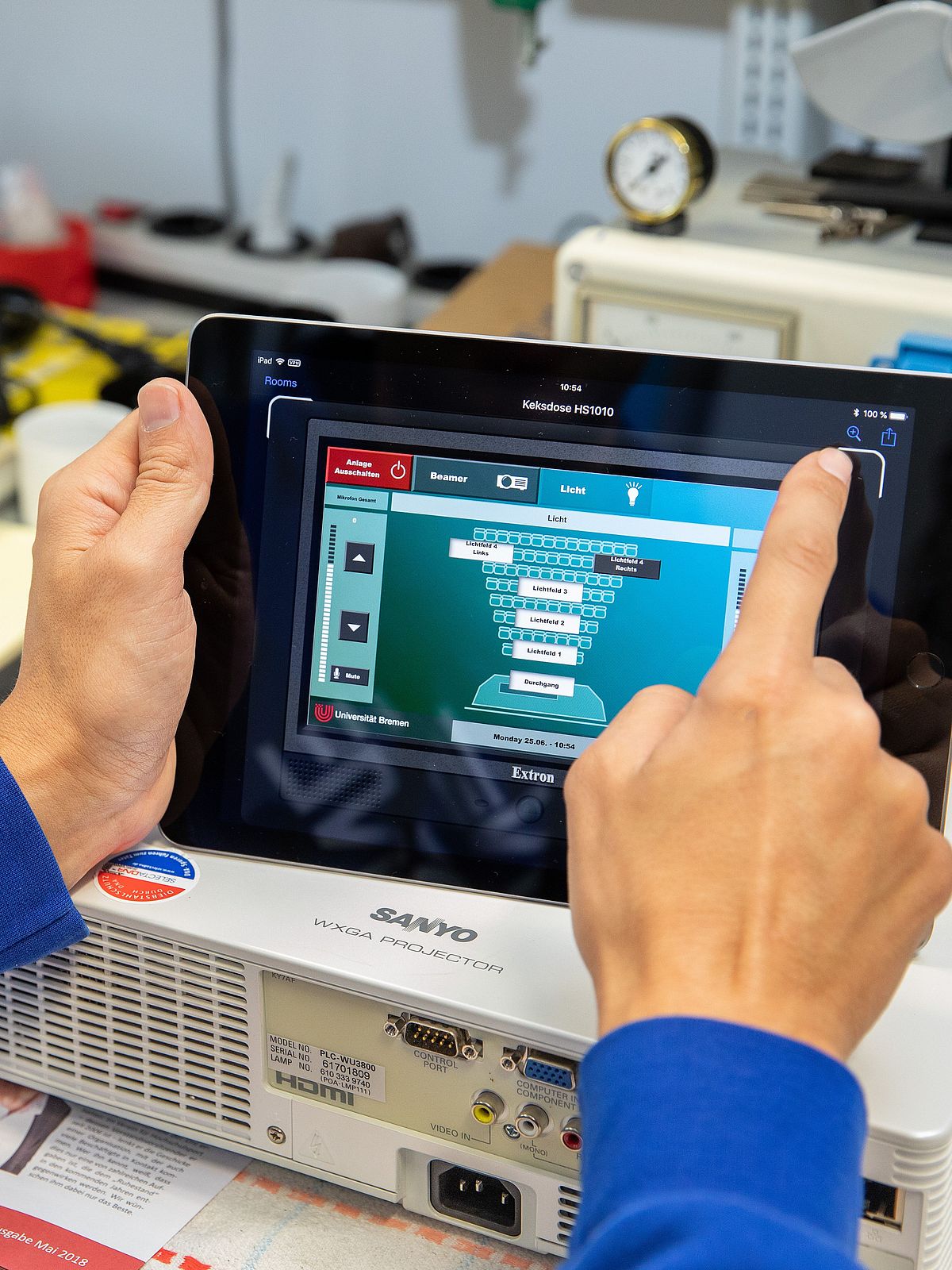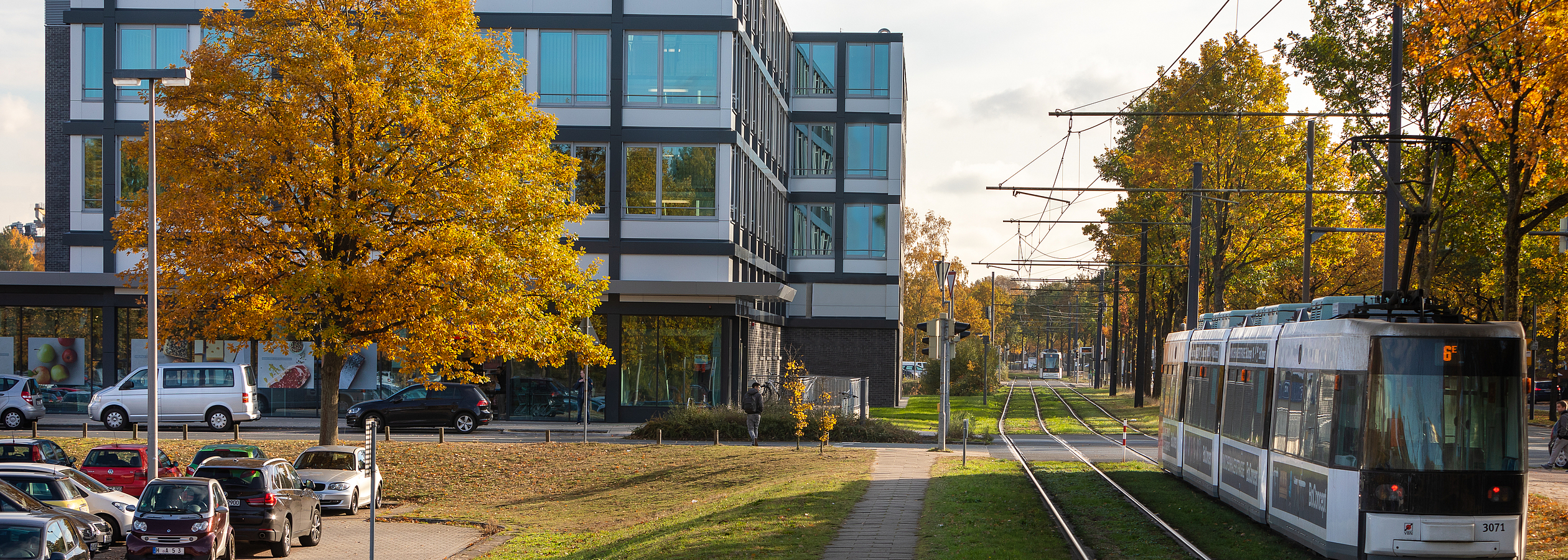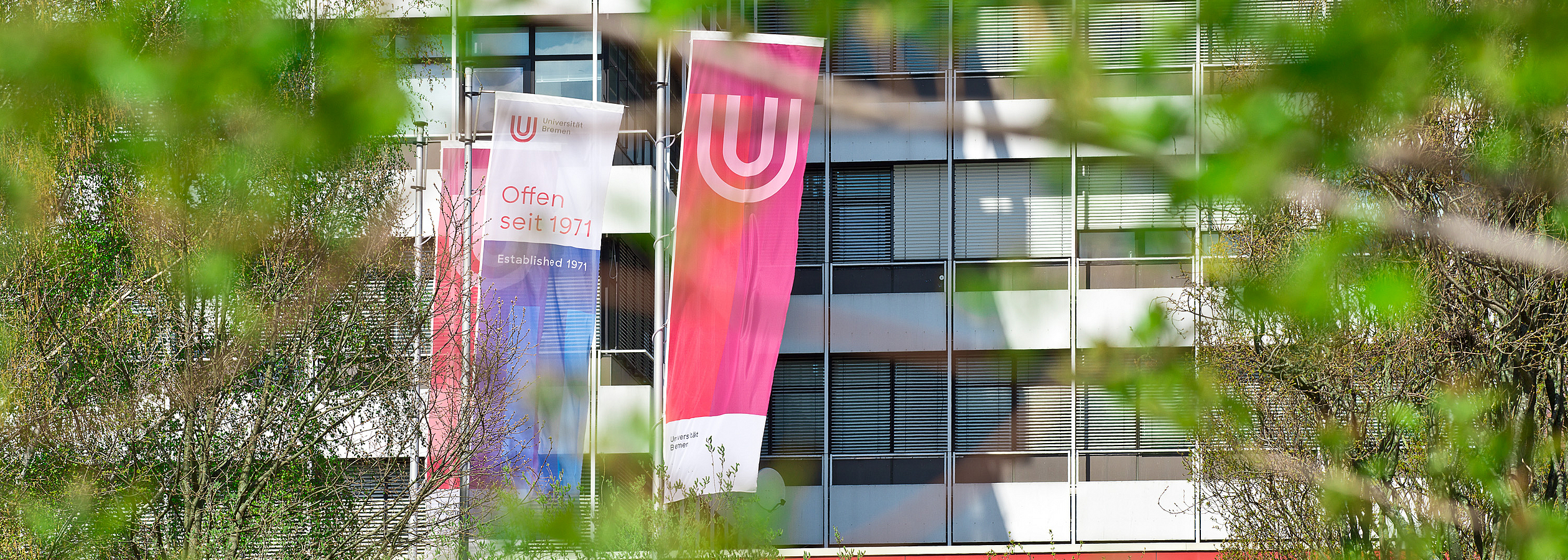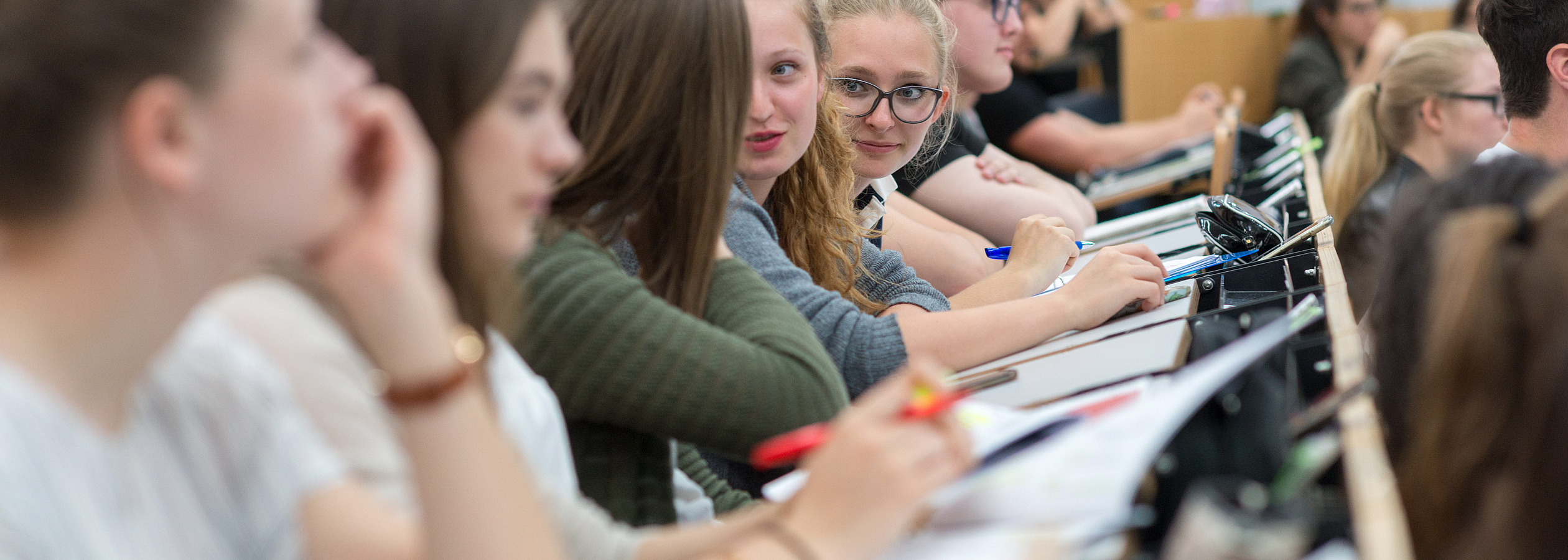
Field of work Organizational Psychology
News

© Wikimedia

© Universität Bremen
New publication: Leadership and learning in the workplace

© Dr. Julian Decius
A new model for New Learning

© Universität Bremen
Publication on success conditions for technology transfer

© Wikimedia
BDP talk on "New Learning"

© Dr. Julian Decius
New scale published to measure informal workplace learning

© Matej Meza/Universität Bremen
Book chapter: Student learning in pandemic times

© Matej Meza/Universität Bremen
Working Group of Organizational Psychology gets started

© Lukas Klose
Dr. Julian Decius
Contact:
WiWi1, Room A2390
Enrique-Schmidt-Str. 1
28359 Bremen
Phone: +49 421 218 66590
E-mail:
julian.deciusprotect me ?!uni-bremenprotect me ?!.de

© Alasdair Jardine/Universität Bremen
New Work requires New Learning
This topic is dedicated to the question of how employees in dynamic work environments can be empowered to learn "what they really, really want" in a self-directed way. The "Learning Opportunities Perception Potential", which helps employees to grasp learning opportunities, is considered crucial here.





